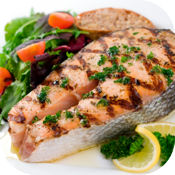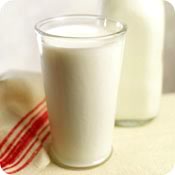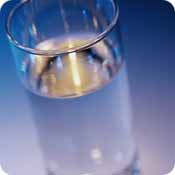 Vitamin D, a fat soluble vitamin, helps the body use and absorb calcium, which helps build strong bones. It also helps your body use phosphorous. Otherwise known as Calciferol, it also promotes strong bones and teeth, prevents rickets, supports muscle and nerve function, and some studies have shown that it helps prevent osteoporosis. Vitamin D supplementation during pregnancy has been linked to stronger bones in children. Pregnant women can be at risk for Vitamin D deficiency, so take care to get enough of this vital nutrient.
Vitamin D, a fat soluble vitamin, helps the body use and absorb calcium, which helps build strong bones. It also helps your body use phosphorous. Otherwise known as Calciferol, it also promotes strong bones and teeth, prevents rickets, supports muscle and nerve function, and some studies have shown that it helps prevent osteoporosis. Vitamin D supplementation during pregnancy has been linked to stronger bones in children. Pregnant women can be at risk for Vitamin D deficiency, so take care to get enough of this vital nutrient. Fortified milk and cereals, eggs, tuna, fish-liver oils, and sun exposure all help the body obtain Vitamin D. (To make your own Vitamin D, you need to get about 15 minutes of sunlight a day.) Women ages 19-50 should consume at least 200 IU of Vitamin D on a daily basis. The recommendation for pregnant and nursing moms is the same: 200 IU. While too little Vitamin D can lead to weakened bones and an increased risk of fractures, too much Vitamin D can cause nausea, vomiting, poor appetite, constipation, weakness, and weight loss. Prolonged exposure to too much Vitamin D can lead to health problems and toxicity. However, antacids, some cholesterol lowering drugs, some anti-seizure medications, and steroids interfere with the absorption of Vitamin D.
This article was reviewed by Tanya Jolliffe, a BabyFit healthy eating expert. |
Vitamin D: The Other Bone Builder
Other Key Nutrients for the Mom-to-Be
Page 1 of 1





Member Comments